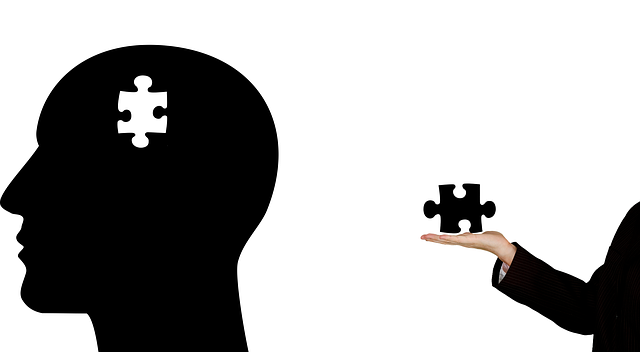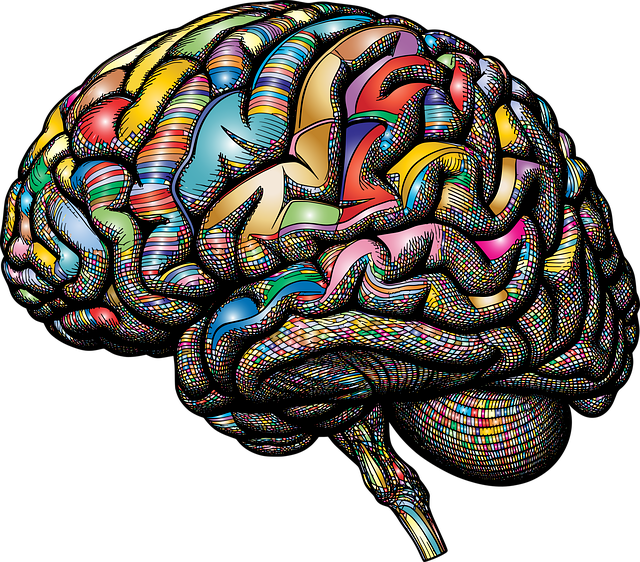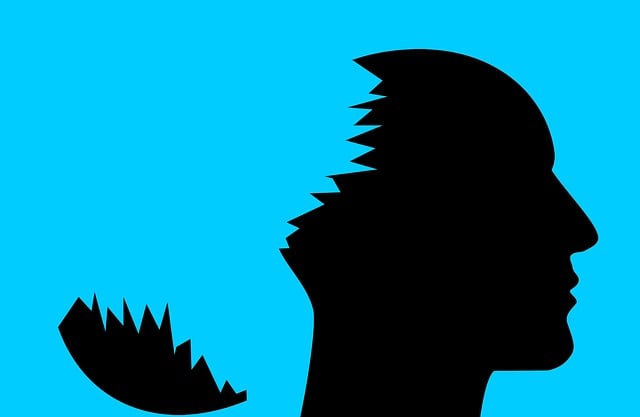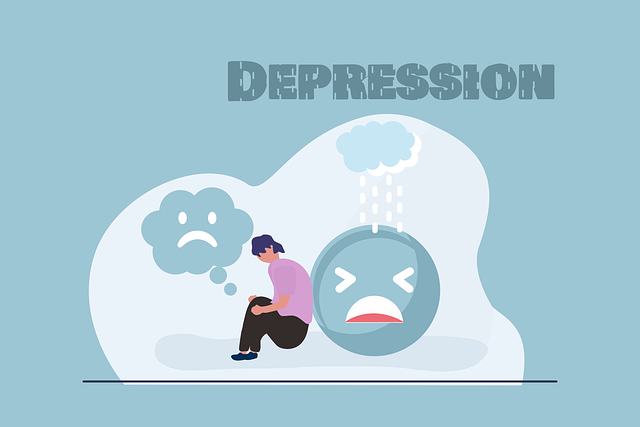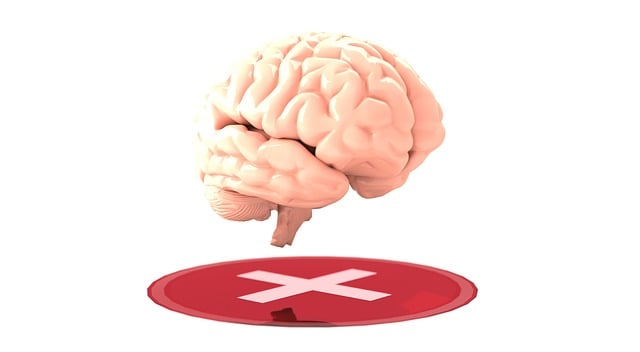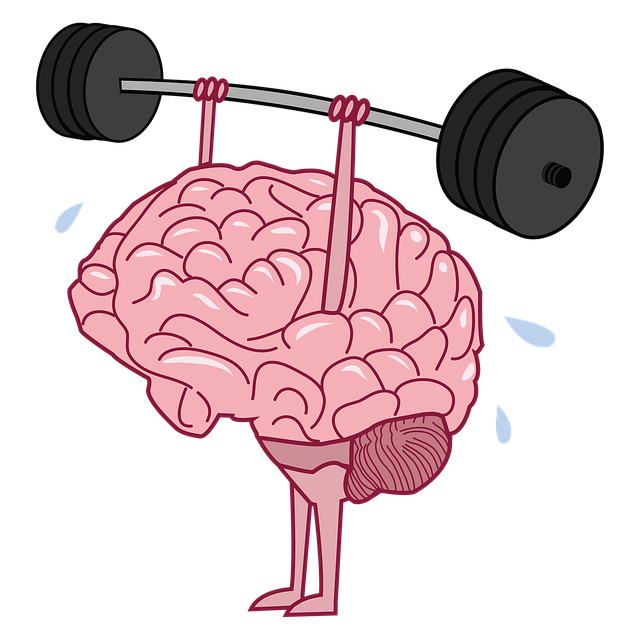Anxiety in young children with Functional Neurological Disorder (FND) requires specialized approaches due to their developing brains, which manifest unique anxiety symptoms. Traditional stress management techniques may not be effective. Adapted cognitive-behavioral therapy (CBT) focuses on self-awareness exercises to help identify and manage triggers. CBT targets negative thought patterns, replacing irrational thoughts with realistic perspectives. For children, CBT is tailored to their age for early intervention. In FND cases, sensory integration, mindfulness practices, creative arts therapy, structured activities, and social support networks are beneficial. Public awareness campaigns reduce stigma, encouraging early intervention and promoting communities that prioritize mood management strategies.
Anxiety can significantly impact young children, especially those with functional neurological disorders (FNDs). This article explores effective anxiety management techniques tailored to meet their unique needs. We delve into cognitive behavioral therapy (CBT), a powerful tool shown to help children combat anxiety, offering practical strategies for calming and supporting their emotional well-being. Additionally, we uncover other evidence-based methods specifically designed to address the complex nature of FNDs, providing a comprehensive guide for parents and caregivers.
- Understanding Anxiety in Young Children with Functional Neurological Disorder
- Cognitive Behavioral Therapy: A Powerful Tool for Managing Anxiety
- Additional Techniques and Strategies for Calming and Support
Understanding Anxiety in Young Children with Functional Neurological Disorder

Anxiety in young children with Functional Neurological Disorder (FND) presents unique challenges due to their developing brains and distinct ways of experiencing the world. Understanding anxiety from this perspective requires recognizing that symptoms might manifest differently compared to typical childhood anxiety. For instance, a child with FND may exhibit persistent fear, repetitive behaviors, or extreme sensitivity to sensory inputs as expressions of anxiety. Traditional methods of stress management and resilience building might not always be effective without tailoring them to these specific needs.
Therapy for young children with FND often involves specialized approaches that cater to their unique conditions. This can include cognitive-behavioral therapy (CBT) adapted to their developmental stage, focusing on self-awareness exercises to help them identify and manage anxiety triggers. By fostering a deeper understanding of their experiences, therapists enable these children to develop coping strategies that promote calmness and reduce the intensity of anxious episodes. Additionally, building resilience through age-appropriate techniques can empower young individuals with FND to navigate their anxieties more effectively.
Cognitive Behavioral Therapy: A Powerful Tool for Managing Anxiety

Cognitive Behavioral Therapy (CBT) has emerged as a powerful tool in the arsenal of anxiety management techniques, especially for young children and those dealing with functional neurological disorders. This therapeutic approach focuses on identifying and modifying negative thought patterns and behaviors that contribute to anxiety symptoms. By helping individuals challenge and replace irrational thoughts with more realistic and balanced perspectives, CBT enables them to better cope with anxious feelings.
For children, CBT can be tailored to their age and developmental stage, making it an effective therapy for early intervention. It equips them with strategies to manage worry and fear, improving their overall mental wellness. Similarly, in the context of functional neurological disorders, CBT plays a crucial role in burnout prevention strategies for healthcare providers, fostering resilience and promoting better mental health education programs design.
Additional Techniques and Strategies for Calming and Support

In addition to cognitive behavioral therapy (CBT), there are a plethora of other techniques and strategies that can aid in anxiety management, particularly for young children. Functional neurological disorder (FND) symptoms, which often present as physical manifestations of anxiety, can be addressed through specialized therapies like sensory integration and mindfulness practices. These approaches focus on helping children regulate their emotional responses and develop coping mechanisms tailored to their unique needs.
Promoting emotional well-being requires a multi-faceted approach, including creative outlets like art therapy, structured activities such as yoga or deep breathing exercises, and social support networks. Public awareness campaigns about anxiety disorders in children can also play a pivotal role in reducing stigma, encouraging early intervention, and fostering communities that prioritize mood management strategies for young individuals.
Anxiety management techniques are invaluable for young children with functional neurological disorders. By understanding the unique challenges these children face, we can implement evidence-based strategies like Cognitive Behavioral Therapy (CBT) to effectively manage anxiety symptoms. Beyond CBT, additional techniques such as mindfulness and sensory therapy offer supportive tools for calming and enhancing their overall well-being. With the right approach, therapists and caregivers can empower young individuals to navigate and overcome anxiety, fostering a sense of security and resilience. For families seeking therapy for Young Children with Functional Neurological Disorder, these integrated strategies provide a comprehensive roadmap toward better mental health outcomes.

